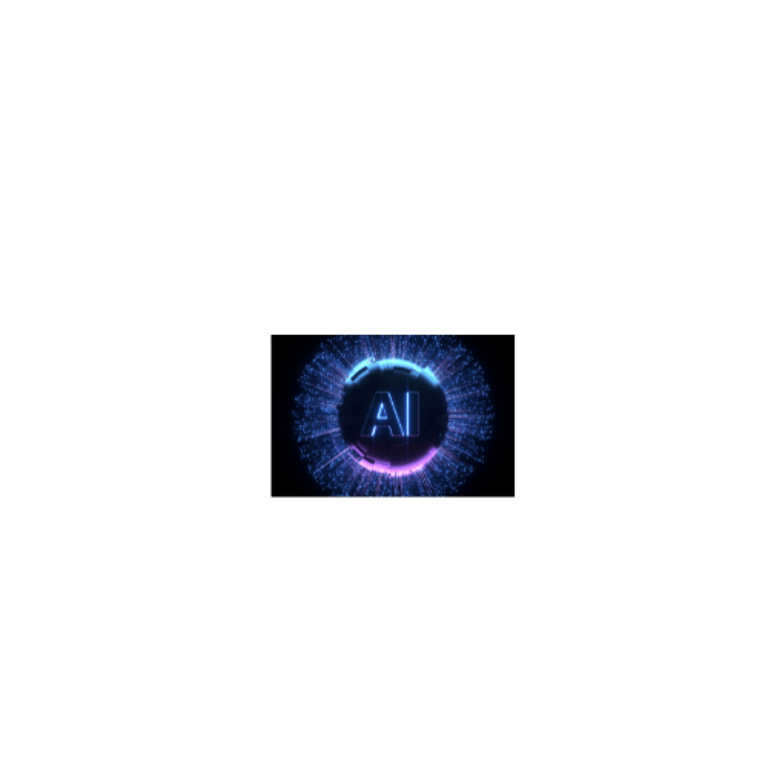CA Senate Bill 53
Whistleblower
6/12/20255 min read


🚨 California's SB 53: The AI Whistleblower Bill That Could Change Everything
🔥 The ghost of SB 1047 returns—and this time it's playing chess, not checkers
California just dropped another AI legislative bombshell, and as someone who's been tracking every twist in the state's AI regulatory saga, I can tell you this one feels different. While everyone was still dissecting the wreckage of SB 1047—the controversial AI safety bill that Governor Newsom vetoed last fall—Senator Scott Wiener quietly introduced SB 53.
Here's my take: this bill is far more strategically positioned, potentially more passable, and could be more disruptive to how law firms handle AI than its predecessor ever was. Let me break down why. 🧵
⚡ Why SB 53 Isn't Just "SB 1047 Lite"
According to recent reporting, "SB 53 essentially takes the least controversial parts of SB 1047 – such as whistleblower protections and the establishment of a CalCompute cluster – and repackages them into a new AI bill." But calling it "SB 1047 Lite" misses what I see as the strategic brilliance of this approach.
My analysis? Wiener learned from his first attempt. Instead of swinging for the fences with comprehensive AI safety requirements that spooked Big Tech, he's playing political chess. SB 53 targets two areas where even AI companies struggle to argue against:
🛡️ Protecting employees who speak up about dangerous AI 🖥️ Democratizing access to AI computing power
It's what I'd call politically brilliant positioning. Who's going to argue against protecting whistleblowers? Who's going to oppose giving startups and researchers access to computing resources?
🔍 The Whistleblower Protection Game-Changer
Here are the facts: "SB 53 limits frontier AI model developers – likely including OpenAI, Anthropic, and xAI, among others – from retaliating against employees who disclose concerning information to California's Attorney General, federal authorities, or other employees."
As an AI Legal Strategist, here's what I think this could mean: We may be about to see unprecedented insider information about AI development practices. And law firms? You're likely to be right in the middle of it. 🎯
Think about the implications:
✅ Every major AI company has employees in California
✅ Every major AI company could become subject to California whistleblower lawsuits
✅ Every major AI company will need legal counsel who understands both AI technology AND California employment law
But here's my concern: most law firms appear completely unprepared for this intersection of AI technology and whistleblower protection law. 😬
🏗️ CalCompute: The Democratization Gambit
The CalCompute provision is where I believe Wiener shows his long-term strategic thinking. "SB 53 would establish a group to build out a public cloud computing cluster. The group would consist of University of California representatives, as well as other public and private researchers."
My read on this? It's not just about giving startups access to computing power. This could be California's attempt to create a state-controlled alternative to the AI oligopoly. When researchers and smaller companies can access state-of-the-art AI computing through CalCompute, it might fundamentally shift the competitive landscape. 🌊
For legal strategists, I see this as potentially representing massive opportunity:
📈 Every startup that gains CalCompute access will likely need legal guidance on AI compliance, IP, and strategic partnerships
🛡️ Every established company threatened by CalCompute-powered competitors may need defensive strategies
💼 Entirely new categories of AI-related legal work could emerge
🗳️ Why 2025's Political Climate Matters
Here's the reality check: "2025 may be a tougher year to pass AI safety bills compared to 2024. California passed 18 AI-related bills in 2024, but now it seems as if the AI doom movement has lost ground. Vice President J.D. Vance signaled at the Paris AI Action Summit that America is not interested in AI safety, but rather prioritizes AI innovation."
But that's exactly why I think SB 53 could be strategically positioned to succeed. It's not framed as AI safety regulation—it's framed as worker protection and innovation support. In a political climate that's skeptical of AI regulation but supportive of worker rights and economic development, SB 53 appears to thread the needle perfectly. 🎯
💡 The Legal Strategy Implications
As someone who's spent the last year helping law firms navigate AI implementation, I can tell you that most firms seem to be thinking tactically, not strategically. They're focused on "Can we use ChatGPT for document review?" instead of asking "How will the changing AI landscape affect our clients' businesses and legal needs?" 🤔
Based on my analysis, SB 53 could represent three significant strategic opportunities:
🚨 1. Whistleblower Representation: Law firms may need to gear up for a new category of AI whistleblower cases. This isn't just employment law—it could be employment law intersecting with cutting-edge technology, regulatory compliance, and potentially national security issues.
⚖️ 2. CalCompute Legal Services: Every entity that gains access to CalCompute will likely need legal guidance. This could represent a new ecosystem of AI-powered businesses requiring everything from incorporation to IP strategy to regulatory compliance.
📊 3. Competitive Intelligence: The whistleblower protections might generate unprecedented insight into AI development practices. Smart firms could use this intelligence to better advise their AI clients on best practices and risk management.
🎯 My Strategic Response Framework
Here's how I believe forward-thinking law firms should consider preparing:
⚡ Immediate Actions:
🔍 Audit your employment law capabilities for tech whistleblower cases
🤝 Identify partners who understand both AI technology and California employment law
🌱 Begin building relationships with AI researchers and startups
📅 Medium-term Strategy:
📦 Develop service packages for potential CalCompute participants
📋 Create AI compliance frameworks that account for increased scrutiny
📡 Build intelligence gathering systems to track whistleblower disclosures
🏆 Long-term Positioning:
🎖️ Position your firm as the go-to counsel for California's emerging AI ecosystem
💭 Develop thought leadership on AI governance and worker protection
🤝 Build strategic partnerships with UC researchers and CalCompute participants
🌟 The Bigger Strategic Picture
In my view, SB 53 represents something larger than just another AI bill. It appears to be California's strategic response to federal paralysis on AI regulation. While Congress debates and delays, California seems to be building the infrastructure and legal framework for the AI economy it wants to see. 🏗️
My assessment? "Wiener is not shying away from existential AI risk in SB 53," but he appears to be pursuing it through market mechanisms rather than direct regulation:
💪 Empower whistleblowers to expose dangerous practices
⚖️ Give challengers the resources to compete with entrenched players
🌊 Let competition and transparency drive better outcomes
I believe it's a masterclass in strategic legislation, and it could very well work. ✨
🚀 Your Next Strategic Move
The firms that thrive in the AI economy likely won't be the ones with the best AI tools—they'll be the ones with the best AI strategy. SB 53 could be about to create new categories of legal work, new types of clients, and new competitive advantages for firms that position themselves correctly. 💼
The question isn't whether SB 53 will pass—it's whether your firm will be ready when it does. 🤔
💬 As an AI Legal Strategist who's been tracking California's AI legislation since its inception, I help law firms navigate these strategic transitions. If your firm needs to develop its AI legal strategy for the post-SB 53 landscape, let's talk.
